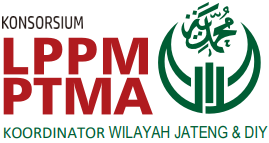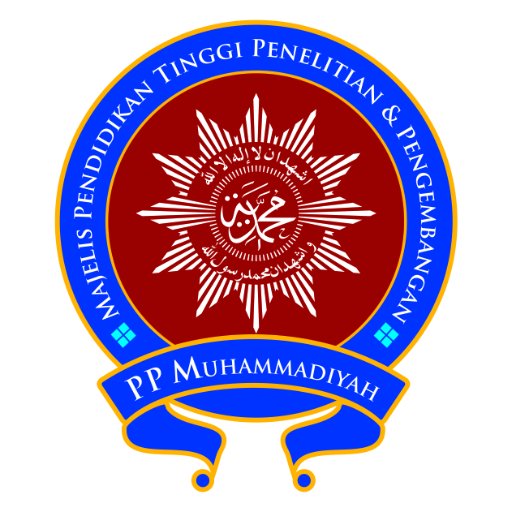Islamic Education Curriculum Innovation: Integration of Full Day School Education Model in the National Education System
DOI:
https://doi.org/10.53017/ujet.216Keywords:
Full day school, Education system, CurriculumAbstract
The dynamics of life make human beings required to move with speed, accuracy, alertness, intellectual, emotional, spiritual development and creativity. With so many challenges, conventional methods will no longer be able to meet the needs of education in the present and future so a new educational concept called full day school emerges, where learning carried out in schools is carried out for a day full of informal atmosphere, not rigid, pleasing students, also full of creativity and innovation from teachers. The characteristics of this full day school system prioritize morals and academic achievement with the aim of providing a strong foundation for students and developing interests and talents and increasing the intelligence of students in all aspects. The advantages of full day school compared to regular schools are that children get a complete education including cognitive, affective, and psychomotor, more learning than play, high productivity, and the potential of children channeled through extracurricular activities at school. Research related to full day school that has been carried out shows that full day school has a positive influence on improving the character, morals, akhlaq, and academic achievement of students. This research is descriptive, using a qualitative approach. The data collection technique carried out is to use field observations, interviews and literature reviews.
Downloads
References
A. Rofiqoh and R. Rasidi, “Kemampuan Olahraga Dan Aktivitas Ekstrakulikuler Pasukan Baris Berbaris Dengan Kecerdasan Kinestetik,” Borobudur Educational Review, vol. 1, no. 01, pp. 13–21, May 2021, doi: 10.31603/bedr.4791.
D. H. Utami, S. Purwandari, and S. Wijayanto, “Penanaman karakter disiplin siswa di Sekolah Dasar,” Borobudur Educational Review, vol. 3, no. 1, pp. 11–23, 2023, doi: 10.31603/bedr.9013.
Y. Purwaningsih, “Implementasi Sistem Informasi Manajemen Pendidikan (Simdik) Dalam Meningkatkan Mutu Pendidikan di Madrasah Ibtidaiyah,” Borobudur Educational Review, vol. 2, no. 2, pp. 68–76, Aug. 2022, doi: 10.31603/bedr.6546.
M. Multazam, “Peran Orang Tua Dalam Meningkatkan Minat Belajar Siswa Di SDN 1 Air Bakoman Kabupaten Tanggamus,” Borobudur Educational Review, vol. 2, no. 2, pp. 50–57, Aug. 2022, doi: 10.31603/bedr.6519.
D. Prassetia, “Hubungan Bimbingan Orang Tua dan Kemandirian Belajar Siswa dengan Prestasi Belajar Siswa,” Borobudur Educational Review, vol. 2, no. 2, pp. 86–91, Aug. 2022, doi: 10.31603/bedr.7001.
J. P. Triyana, E. T. Djatmika, and B. B. Wiyono, “Sistem Full Day School dalam Menguatkan Karakter Peserta Didik Sekolah Dasar,” Jurnal Pendidikan: Teori, Penelitian, dan Pengembangan, vol. 3, no. 12, pp. 1550–1560, 2018.
F. Setyawan, I. Fauzi, B. Fatwa, H. A. Zaini, and N. M. Jannah, “Analisis Kebijakan Pendidikan Full Day School di Indonesia,” Jurnal Pendidikan, vol. 30, no. 3, pp. 369–376, 2021.
A. G. Wicaksono, “Fenomena full day school dalam sistem pendidikan Indonesia,” Jurnal Komunikasi Pendidikan, vol. 1, no. 1, pp. 10–18, 2017.
Baharuddin, Pendidikan dan Psikologi Perkembangan. Yogyakarta: Ar-Ruzz Media, 2010.
Sismanto, “Menakar Kapitalisasi Full Day School,” MKPD Blog, 2007. http://mkpd.wordpress.com/2007/05/21/menakar-kapitali-sasi-“full-dayschool” (accessed Feb. 28, 2023).
S. Basuki, “Full Day School Harus Proporsional Sesuai Jenjang dan Jenis Sekolah,” SMKN 1 LMJ, 2007. http://smkn1lmj.sch.id/dl/fuldayschool.pdf (accessed Feb. 28, 2023).
S. Tirtonegoro, Anak Super Normal dan Pendidikannya. Jakarta: Bumi Aksara, 1989.
M. Seli, “Metode pembelajaran pendidikan agama islam dalam full day school di sekolah alam bilingual Madrasah tsanawiyah surya buana Lowokwaru malang.” Universitas Islam Negeri Maulana Malik Ibrahim, 2009.
N. Hasan, “Full Day School (Model Alternatif Pembelajaran Bahasa Asing),” Tadris, vol. 1, no. 1, pp. 109–118, 2006.
Downloads
Published
How to Cite
Issue
Section
License
Copyright (c) 2024 Elynawati, Nurodin Usman, Imam Mawardi

This work is licensed under a Creative Commons Attribution-NonCommercial 4.0 International License.









